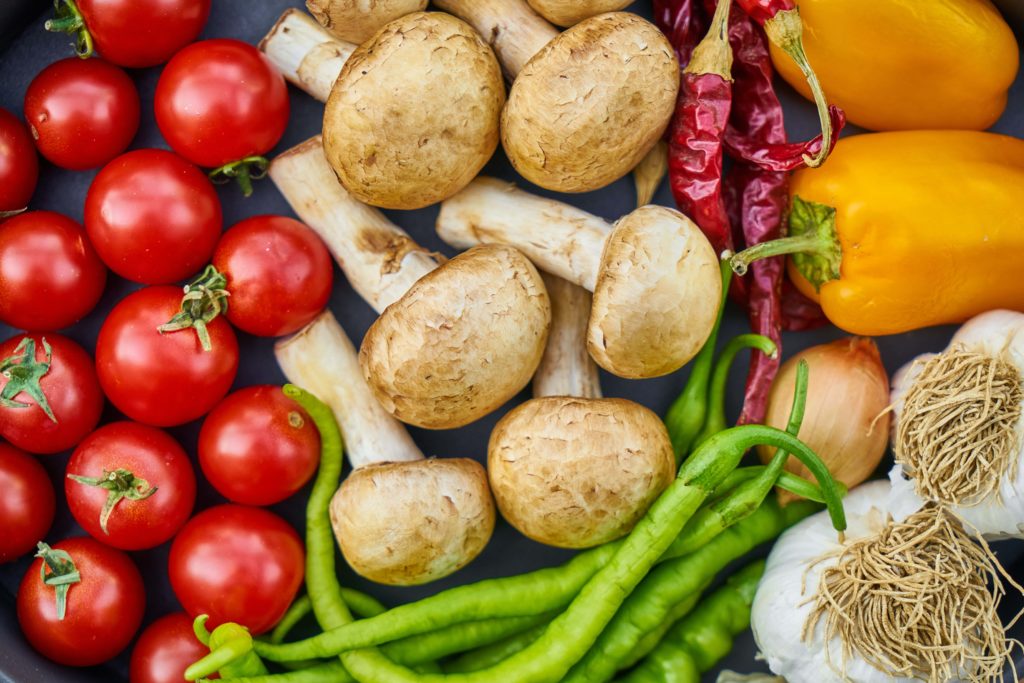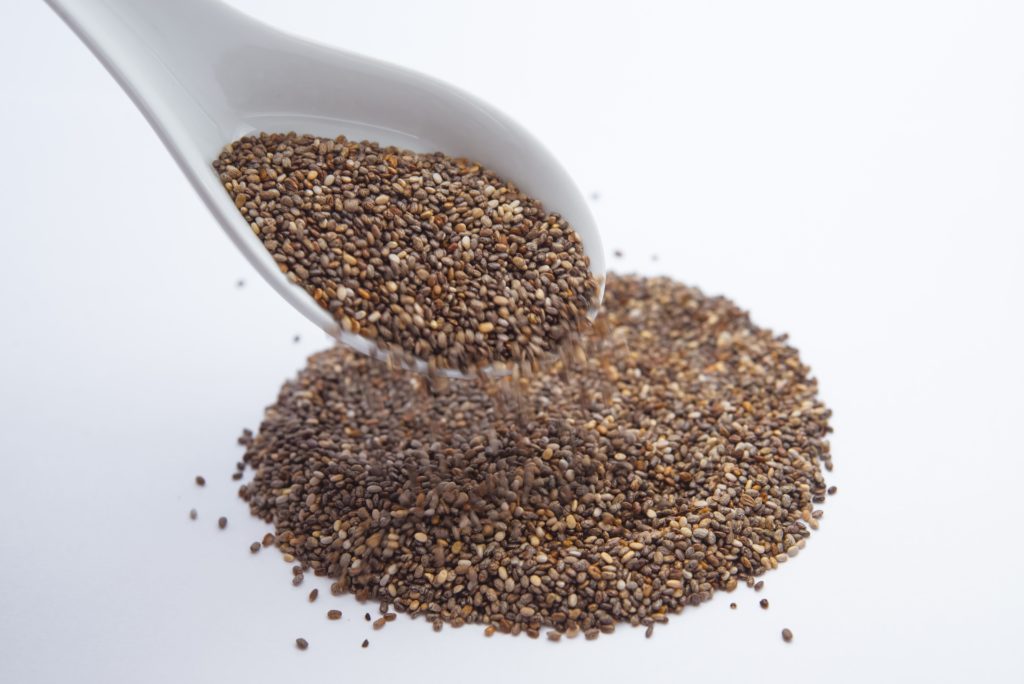Plant-based protein is a type of protein that can be sourced from plants. Protein is an essential nutrient that helps us build, repair and maintain our body’s cells, tissues, organs, and muscles. It also helps with the production of various hormones and biochemical reactions within the body. Plant-based protein sources are becoming increasingly popular as an alternative to animal-based proteins, due to the health benefits that are associated with them.
1. Protein in plants: What does it contain?
There are a variety of plant-based protein sources, including legumes such as beans and lentils, nuts and seeds, grains, and even some vegetables. Legumes such as beans and lentils are especially notable sources of plant-based protein, as they contain all 9 essential amino acids, making them a complete protein source. Nuts and seeds are also high in protein, but may not provide all the essential amino acids we need. Some grains such as quinoa and bulgur are also great sources of plant-based protein.
2. Protein in plants: The benefits;

In addition to the health benefits associated with plant-based protein, it is also beneficial for the planet. Animal-based proteins require more resources (such as land, water, and resources) to produce, while plant-based proteins are more efficient. Additionally, plant-based proteins are lower in saturated fat and higher in vitamins and minerals than animal-based proteins.
For those with dietary restrictions, plant-based proteins can be a great option. They are naturally gluten-free and can be tailored to fit most dietary needs. Plant-based proteins are also becoming more accessible and affordable, making them more available for those who follow a vegan or plant-based diet.
3. Protein in plants: It benefits the environment;
Plant-based proteins offer a variety of health and environmental benefits that make them a great choice for those looking for an alternative to animal-based proteins. For those looking to increase their protein intake, incorporating plant-based proteins into their regular diet is an easy and healthy way to do so.
4. Protein in plants: It is essential;
Protein is an essential nutrient that is needed in order to keep our bodies functioning properly. We obtain most of our protein from animal sources such as meat, fish, and poultry, but it is also possible to obtain protein from plant sources as well. Plant-sourced proteins are a great way to ensure a healthy, balanced diet and can provide a variety of health benefits.
5. Protein in plants: What are the main sources?
The main sources of plant-based proteins include nuts and seeds, legumes, grains, and some vegetables. Nuts and seeds are rich in plant-based proteins such as almonds, cashews, walnuts, and flaxseeds. Depending on the type, these can contain anywhere from 5 to 9 grams of protein per ounce. Legumes, such as beans, lentils, and peas, are also excellent sources of plant-based proteins. They are high in dietary fiber and contain around 8 to 10 grams of protein per ½ cup. Grains, such as quinoa, oats, and brown rice, also contain plant-based proteins. Quinoa is especially high in protein, with around 7 to 8 grams per cup. Lastly, some vegetables such as spinach, broccoli, asparagus, and peas also contain small amounts of plant-based proteins.

Other than providing us with a source of protein, some plant-sourced proteins also contain other beneficial nutrients such as fiber, vitamins, and minerals. Studies have found that plant-based proteins can help lower blood pressure and cholesterol, protect against heart disease and stroke, and reduce the risk of developing diabetes. They can also help you feel fuller for longer and can help in weight management.
Overall, plant-sourced proteins are an excellent way to ensure that you are getting enough protein in your diet. They are a great source of essential nutrients and can provide a variety of long-term health benefits. Whenever possible, it is best to focus on eating a balanced diet that includes a variety of plant-based proteins.
Summary;
There are a variety of plant-based protein sources, including legumes such as beans and lentils, nuts and seeds, grains, and even some vegetables. Legumes such as beans and lentils are especially notable sources of plant-based protein, as they contain all 9 essential amino acids, making them a complete protein source. Nuts and seeds are also high in protein, but may not provide all the essential amino acids we need. Some grains such as quinoa and bulgur are also great sources of plant-based protein.

Other than providing us with a source of protein, some plant-sourced proteins also contain other beneficial nutrients such as fiber, vitamins, and minerals. Studies have found that plant-based proteins can help lower blood pressure and cholesterol, protect against heart disease and stroke, and reduce the risk of developing diabetes. They can also help you feel fuller for longer and can help in weight management.
Read More: Yam vs Sweet Potato;

